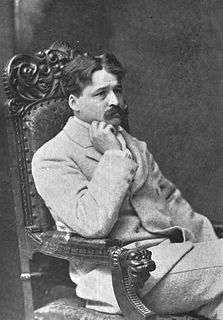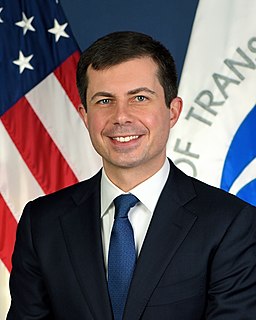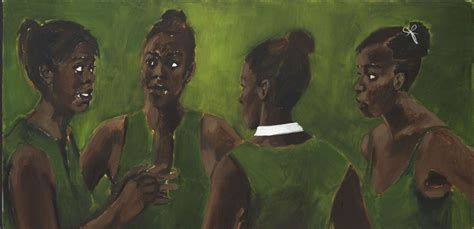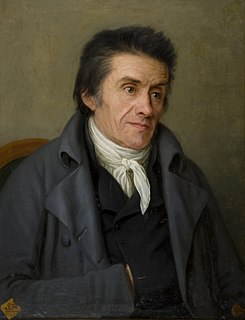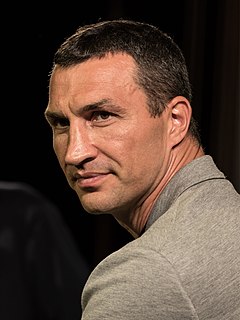A Quote by John Jay Chapman
The average educated man in America has about as much knowledge of what a political idea is as he has of the principles of counterpoint. Each is a thing used in politics or music which those fellows who practice politics or music manipulate somehow. Show him one and he will deny that it is politics at all. It must be corrupt or he will not recognize it. He has only seen dried figs. He has only thought dried thoughts. A live thought or a real idea is against the rules of his mind.
Quote Topics
About
Against
America
Average
Corrupt
Counterpoint
Deny
Dried
Each
Educated
Educated Man
Fellows
Figs
Him
His
Idea
Knowledge
Live
Man
Manipulate
Mind
Much
Music
Music Man
Must
Only
Political
Politics
Practice
Principles
Real
Recognize
Rules
Seen
Show
Somehow
Thing
Those
Thought
Thoughts
Used
Which
Will
Related Quotes
I have one great political idea... That idea is an old one. It is widely and generally assented to; nevertheless, it is very generally trampled upon and disregarded. The best expression of it, I have found in the Bible. It is in substance, "Righteousness exalteth a nation - sin is a reproach to any people." This constitutes my politics, the negative and positive of my politics, and the whole of my politics... I feel it my duty to do all in my power to infuse this idea into the public mind, that it may speedily be recognized and practiced upon by our people.
[Osip] Mandelstam, who wasn't a political thinker, loved the idea of the city-state. One of the emblems in his poetry of the politics he imagined, over and against the universalizing politics of [Carl] Marx, was the medieval city of Novgorod, which had in its center a public well where the water was free to everyone. That became for him a figure of justice.
Those of us who work in politics can only make ourselves useful if our heads are filled with things that we can contribute to the political space. JFK had this quote about how if more politicians knew poetry and more poets knew about politics, the world would be a better place. Being attentive to the things that add meaning to our lives alongside politics will help us inform our politics with the values that really do make America great.
If you look at social movements in Latin America, there are spaces where alternative politics are thought about on the ground, at the grassroots level, but they are always under threat. The problem in North Africa and the Middle East is the politics of oil. It means that the spaces for truly grassroots politics, involving those masses of people excluded from high politics, are very quickly closed down. They are not really allowed any kind of autonomy to develop, and that seems to be the real problem, which gets us back to the neo-colonial relationship.
It's hard to pin down what the politics would be, in a way. For me the politics are very visual and felt, thought, seen, but not necessarily put into words. The confusions and conditions within the work are the politics. The fact that a lot of the time the first thing people want to talk to me about is the racial angle, which is a part of the work and I am happy to talk about it, but it's not necessarily the first thing on my mind when I am making something.
WISDOM IS dependent upon knowledge. Where there is complete ignorance there can be no wisdom, no knowledge of the right thing to do. Man’s knowledge is comparatively limited and so his wisdom must be small, unless he can connect his mind with a knowledge greater than his own and draw from it, by inspiration, the wisdom that his own limitations deny him. Only God knows all truth; therefore only God can have Real wisdom or know the right thing to do at all times, and man can receive wisdom from God. Wisdom is obtained by reading the mind of God.
The belief that politics can be scientific must inevitably produce tyrannies. Politics cannot be a science, because in politics theory and practice cannot be separated, and the sciences depend upon their separation. Empirical politics must be kept in bounds by democratic institutions, which leave it up to the subjects of the experiment to say whether it shall be tried, and to stop it if they dislike it, because, in politics, there is a distinction, unknown to science, between Truth and Justice.
Thinking leads man to knowledge. He may see and hear, and read and learn, as much as he please; he will never know any of it, except that which he has thought over, that which by thinking he has made the property of his mind. Is it then saying too much if I say, that man by thinking only becomes truly man? Take away thought from man's life, and what remains?
For me, what is political is very personal. Politics are not this abstract idea. Laws are the rules that dictate how we live our lives. What we eat is political. How we dress is political. Where we live is political. All of these things are influenced by political decision-making, and it's important to be part of the process.
That excitement about Kossuth, consider how characteristic, but superficial, it was!--only another kind of politics or dancing. Men were making speeches to him all over the country, but each expressed only the thought, or the want of thought, of the multitude. No man stood on truth. They were merely banded together, as usual one leaning on another, and all together on nothing.
